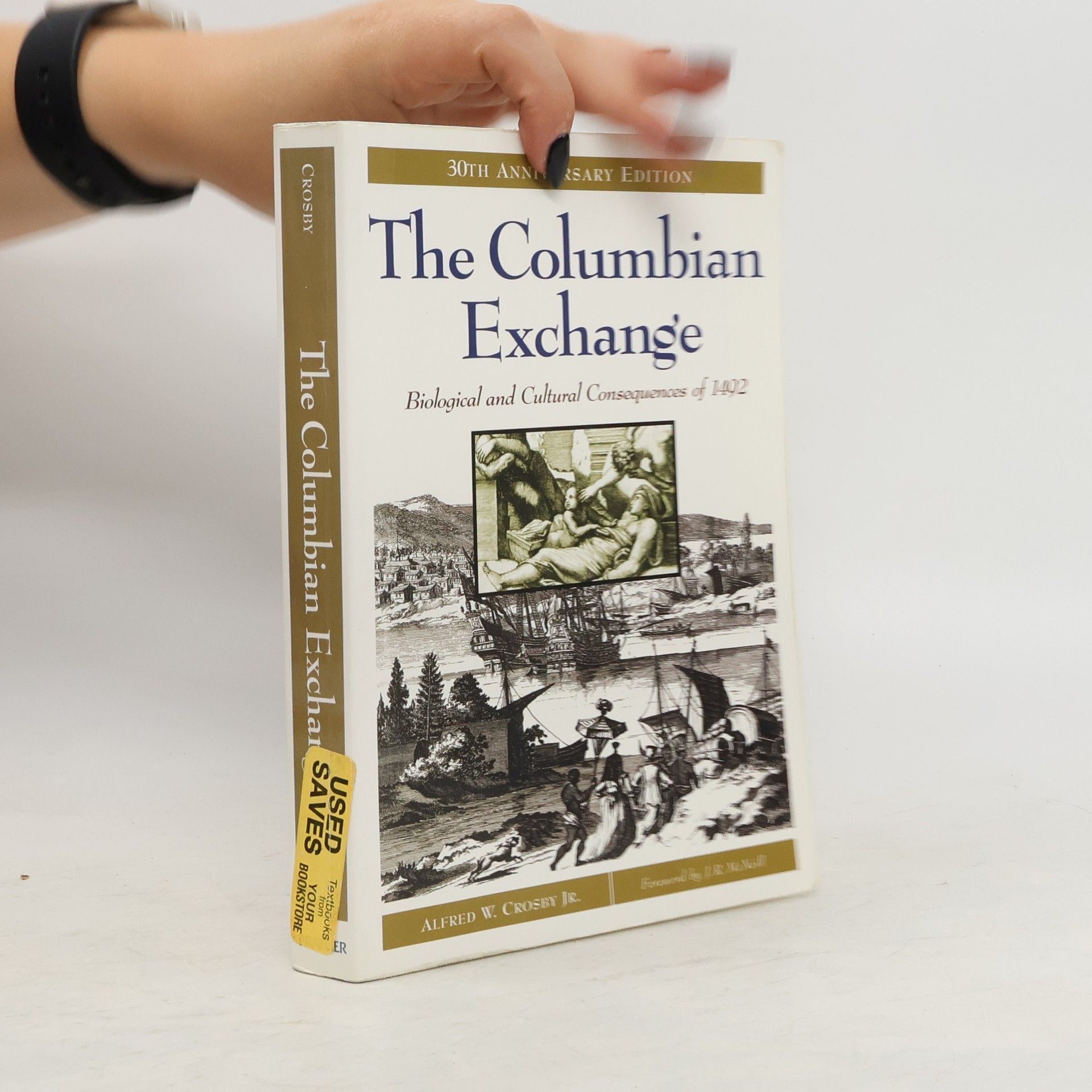Thirty years ago, Alfred Crosby published a small work that stressed a simple point - that the most important changes brought on by the voyages of Columbus were not social or political, but biological in nature. This 30th anniversary edition includes a new preface from the author.
Alfred W. Crosby Livres
15 janvier 1931 – 14 mars 2018
Alfred W. Crosby Jr. était un chercheur interdisciplinaire qui a fait le pont entre l'histoire, la géographie, la biologie et la médecine. Il a étudié les causes historiques de la répartition inégale de la richesse mondiale, en explorant les facteurs biologiques qui ont facilité l'expansion européenne. Un thème central de son travail fut l'impact profond des épidémies sur l'histoire humaine, reconnaissant l'influence significative d'événements tels que la pandémie de grippe de 1918. Crosby est également crédité pour avoir inventé le terme 'Échange Colombien', un concept qui a fondamentalement façonné le discours historique.


Ecological Imperialism
- 368pages
- 13 heures de lecture
A fascinating study of the important role of biology in European expansion, from 900 to 1900.